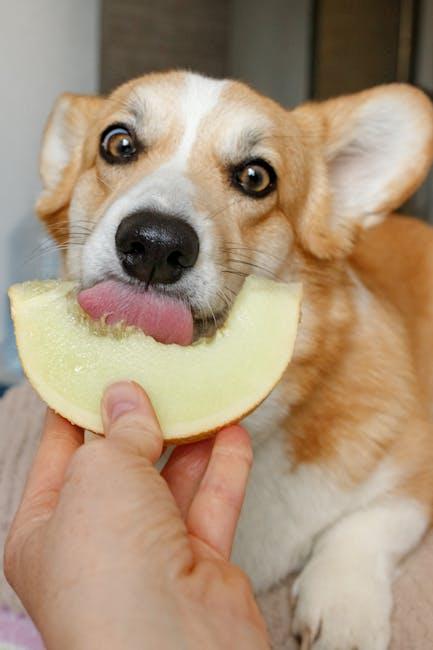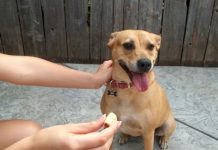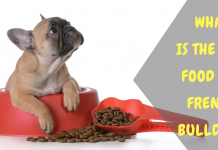Welcoming a new puppy into your home is a joyous occasion, filled with playful moments and the promise of a lifelong companionship. As a responsible pet owner, one of your most important roles is to ensure your furry friend grows up healthy and strong. Just like humans, puppies need a robust immune system to fend off illnesses and thrive in their environment. In this guide, we’ll explore practical and effective strategies to help bolster your puppy’s immune defenses, ensuring they have the best start in life. From nutrition and exercise to vaccinations and stress management, each step you take will contribute to a happier, healthier pup ready to explore the world by your side. So, let’s dive in and learn how you can nurture your puppy’s well-being with love and care.
Understanding the Basics of Your Puppys Immune Health
Ensuring your puppy has a robust immune system is essential for their overall well-being and longevity. At the core of this system are white blood cells, antibodies, and various organs that work in harmony to protect your furry friend from infections and diseases. A well-functioning immune system not only combats pathogens but also helps in quicker recovery from illnesses.
To support your puppy’s immune health, consider these essential factors:
- Nutrition: A balanced diet rich in essential nutrients is crucial. Look for high-quality puppy food that includes proteins, vitamins, and minerals.
- Vaccinations: Keeping up with the vaccination schedule is vital to shield your puppy from various diseases.
- Exercise: Regular physical activity helps improve circulation and enhances immune function.
- Stress Management: A stress-free environment supports better immune health. Provide a safe and loving home to reduce anxiety.
Incorporating these practices into your puppy’s routine can significantly contribute to their immune strength, paving the way for a healthy and happy life.

Nourishing Your Puppy with the Right Diet for Immunity Boost
To ensure your puppy grows into a healthy and resilient adult dog, providing a diet rich in essential nutrients is crucial. Start by incorporating high-quality proteins into their meals, such as chicken, beef, or fish, which are vital for tissue repair and immune function. It’s equally important to include a variety of fruits and vegetables that are packed with vitamins and antioxidants. Foods like blueberries, sweet potatoes, and carrots can significantly contribute to a robust immune response.
When selecting a commercial puppy food, look for formulas that list whole proteins as the first ingredient and are free from artificial additives and fillers. Consider supplementing their diet with natural probiotics to promote gut health, as a healthy gut is a cornerstone of a strong immune system. Probiotics can be found in yogurt or specially formulated supplements available for dogs.
- Essential Fatty Acids: Omega-3 and Omega-6 fatty acids are crucial for reducing inflammation and supporting overall immune health. Sources include fish oil and flaxseed.
- Hydration: Always ensure your puppy has access to fresh, clean water to keep them well-hydrated, which is essential for nutrient absorption and immune function.
- Balanced Diet: Aim for a balanced diet that provides the right mix of proteins, fats, and carbohydrates to support their growth and immune health.

Incorporating Exercise and Play for a Resilient Immune System
Engaging your puppy in regular exercise and play is crucial for nurturing their immune system. Puppies, like human children, thrive on activity that challenges their growing bodies and minds. Exercise not only helps maintain a healthy weight but also boosts circulation, which in turn supports immune function. Aim to incorporate a variety of activities that suit your puppy’s breed and energy levels. This could include:
- Daily walks: These provide a chance to explore the environment, which can enhance mental stimulation and physical health.
- Interactive play: Games like fetch or tug-of-war encourage movement and help strengthen muscles.
- Agility training: Simple obstacle courses can be a fun way to build strength and coordination.
Playtime is more than just fun—it’s a critical component of socialization and emotional health. Play helps reduce stress, which is known to suppress the immune system. Create a balanced routine that mixes structured exercise with free play. Use toys that stimulate their mind and promote physical activity. Puzzle toys or treat dispensers can keep your puppy engaged while also rewarding them for their efforts. Remember, a happy puppy is a healthy puppy, so ensure that your play sessions are filled with positive reinforcement and affection.
















